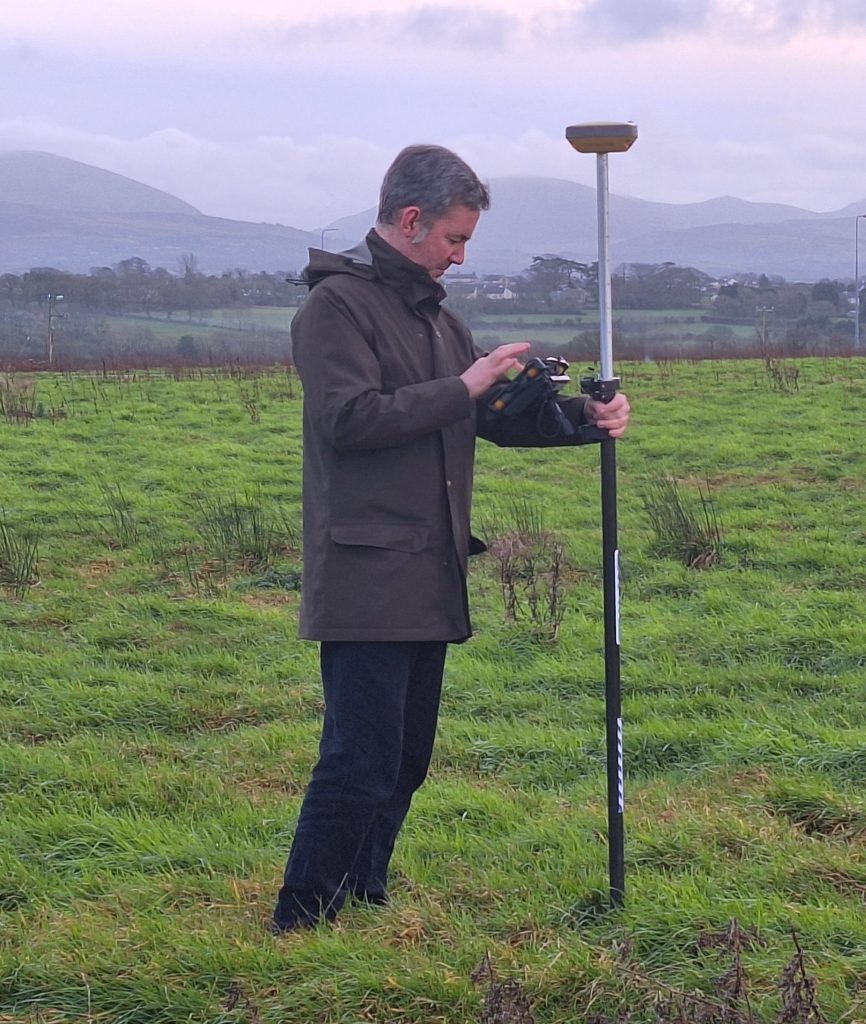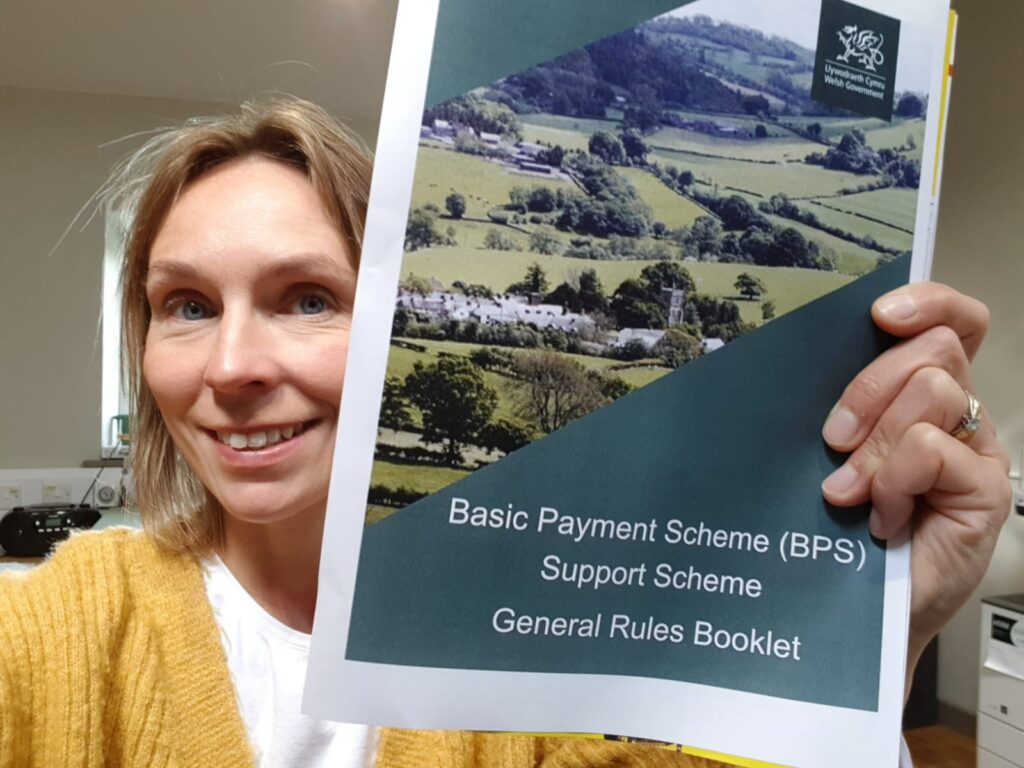As the old military adage goes, proper prior planning helps things to turn out for the best (OK, so we’re paraphrasing a little bit).
When it comes to selling a rural property or country estate it’s is a phrase we like to keep front of mind: a successful, low-stress sale always – but always – starts with attention to detail in your pre-sale planning.
Lay the right foundations and you will make your property sale substantially more straightforward. These are our top three fundamentals to tick off your pre-sale to-do list.
Ensure your land is registered correctly
According to figures from the Land Registry, around 20% of land in England and Wales has never been formally registered. Large chunks of that land are most likely to be owned by the Crown or the Church, but a good proportion is not on the registry because it has never previously been sold (at least, not since 1862 when the Land Registry was created). That’s because a sale is the usual trigger for registration.
Unless your estate has been in your family for a very long time, it’s unlikely that your property will fall into that bracket. If it does, however, it is easy to make an application to register it via HM Land Registry’s Land Charges Department.
The more common challenge when it comes to land registry is when details of land ownership or estate boundaries haven’t been kept up to date. Country estates can have complex ownership structures because areas of land might be owned by different generations, access agreements might change over time, and parcels of land might be rented out to tenants or sold off completely.
Working out who is who and what is where can require a certain degree of detective work. In most cases it is prudent to speak to a chartered surveyor or estate management expertwho can advise you on the best way forward and get everything in order.
Check that tenancies and undocumented occupations are recorded
Tenancies on a country or rural estate might take the form of agricultural, commercial or residential agreements. It is not uncommon (albeit fairly unwise) for some of these tenancies to be informal or undocumented.
It is essential that all tenancies on your estate are formalised and documented well ahead of any sale. Our property and tenancy law experts can help you to ensure that all your tenancy portfolios are managed legally and effectively.
When selling your rural estate, the landlord and tenant relationship is one which needs to be handled with sensitivity and tact, particularly where an informal agreement is to be upgraded to a formal deed. In the unlikely but unfortunate event where a dispute arises, you would be well advised to talk to our in-house mediator who is accredited with the Royal Institution of Chartered Surveyors.
Consider sporting rights and mineral rights
The average country estate might be dealing with any number of diverse activities. These could include anything from farming to forestry, managing sporting rights and renewable energy schemes or mineral extraction operations.
Sporting rights can be complex. The landowner might own the rights and the land, the rights might be leased by the landowner to a third party, or the rights might be retained by the original landowner who might have subsequently sold the land.
Mineral rights can follow the same set of possibilities: rights might run with the surface ownership of the land; they might be ‘severed’ from the land and owned separately, or they might be leased by the land owner on a periodic royalty basis.
As with tenancies, it is imperative to formalise any sporting or mineral rights access to your estate by formal deed when selling your rural estate. In principle, you should never rely on a gentlemen’s agreement or inherited informal arrangement, but this becomes an imperative the moment you start contemplating a sale. Talk to our estate management experts if you think you need some guidance on how to navigate rights issues on your estate.







